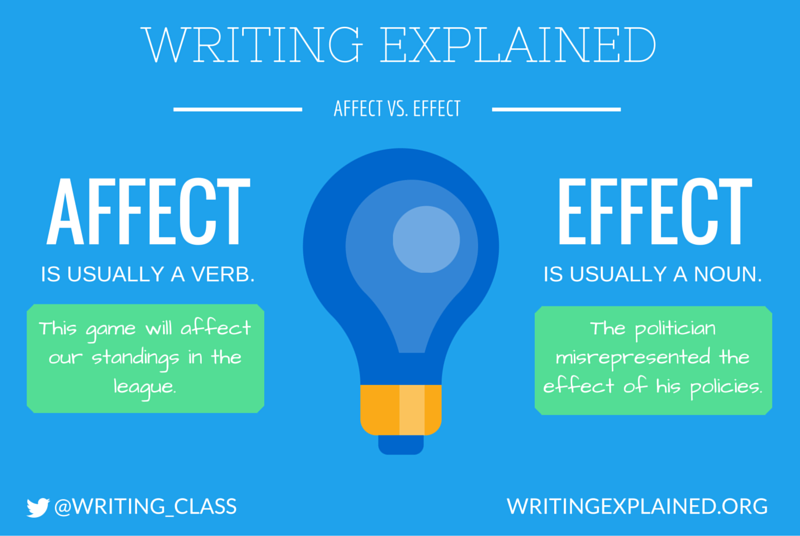Affect: Definition, Meaning, and How It Differs from Effect
What is Affect?
Affect is an often-misunderstood yet incredibly valuable concept in psychology, linguistics, and beyond. In this comprehensive guide, we’ll delve into the world of affect, exploring its meaning, usage, and significance in everyday life.
Definition and Origins
At its core, affect refers to an emotion or feeling that influences or colors a person’s behavior, cognitive processes, and interactions. The term ‘affect’ stems from the Latin word ‘affectus,’ which means ‘the state of being affected’ or ‘emotion.’ In modern language, affect is often used interchangeably with emotions, but there’s a subtle distinction. While emotions are intense feelings arising from specific stimuli, affect encompasses a broader range of feelings, including moods, attitudes, and emotional dispositions.
Theories of Affect
In psychology, the concept of affect has been explored extensively. One influential theory is the affective processing model, which proposes that emotions and affective experiences are integral to our perception, interpretation, and memory of the world around us. According to this model, affect influences our attention, motivation, and decision-making processes, shaping our actions and behaviors.
Imagine walking into a crowded coffee shop; the mix of sounds and sights may elicit various affective responses, including anxiety or excitement. These affects would influence your perception of the environment and guide your behavior.
Using Affect in Language
Affect also presents unique grammatical usage. As a noun, it often coexists with verbs like experience or expression. For example: “Her affect became apparent as she cautiously approached the crowd.” As a verb, it usually signifies influence: “The good news affected the entire city, leading to celebrations.”
Applications and Significance
Affect has far-reaching implications across various fields:
- Psychology and Psychoanalysis: Affect plays a crucial role in assessments, diagnoses, and treatments. In psychoanalytic theory, it’s viewed as a manifestation of unconscious thoughts.
- Film and Theater: Affect is vital for character development, influencing performances and audience engagement.
- Art and Design: Affect drives creative inspiration, shaping the tone, mood, and style of visual and musical art.
- Communication and Debate: Understanding affect is crucial for effective communication and persuasion, influencing debates and negotiations.
Conclusion
Affect is a multi-faceted concept influencing thoughts, behaviors, and experiences. By understanding affect, we can enhance our understanding of human behavior and communicate more effectively.

Understanding Affect in Depth
Welcome to the intricate world of linguistic expressions! In this section, we’ll explore ‘affect’ and its frequent confusion with ‘effect.’ By mastering these terms, you’ll enhance your communication skills.
The Two Main Meanings of Affect
- Affect as a Verb: ‘Affect’ means to influence someone or something. For instance: “The cold weather will affect the crops.”
- Affect as a Noun: In psychology, it refers to emotional expressions. For example: “The patient’s affect changed significantly after treatment.”
Linguistic Pitfall: Effect vs. Affect
To avoid confusion, remember: use ‘effect’ for results and ‘affect’ for influences. For example: “The effect of the marketing campaign was a rise in sales.” vs. “The new policy will affect employee morale.”
Real-Life Applications
Understanding affect is essential in many practical contexts:
- In education, precise language fosters comprehension.
- In psychology, it aids in interpreting emotional states.
- In business, distinct communication positively impacts brand voice.
For expert help in managing anxiety and ADHD, tools like GoblinX can provide valuable support. Users can customize their experience to enhance focus and emotional regulation.
Explore more insights by visiting the GoblinX website.
Relevant Terms and Concepts
Understanding language nuances is essential for effective communication. Grasping the distinctions between affect and similar terms like ‘impact,’ ‘emotion’, and ‘mood’ ensures clarity in expression.
Key Aspects of Affect
Affect vs. Mood and Emotion
While ‘mood’ is a persistent emotional state, ‘emotion’ refers to reactions triggered by stimuli. Affect encompasses a broader emotional sensitivity.
Important Sources
| Effect, Affect, Impact: Distinctions - Zhihu |
| Distinguishing Emotion, Affect, Mood in Psychology - Zhihu |